
European carriers worry new EU data rules could harm innovation
The European Telecommunications Network Operators’ Association -- ETNO -- and the GSM association have warned that upcoming EU rules governing how businesses use data could slow down innovation and growth in the industry.
The proposed updates to ePrivacy rules could also mean businesses such as telecom operators in the EU might no longer be able to use data to improve customer experiences.
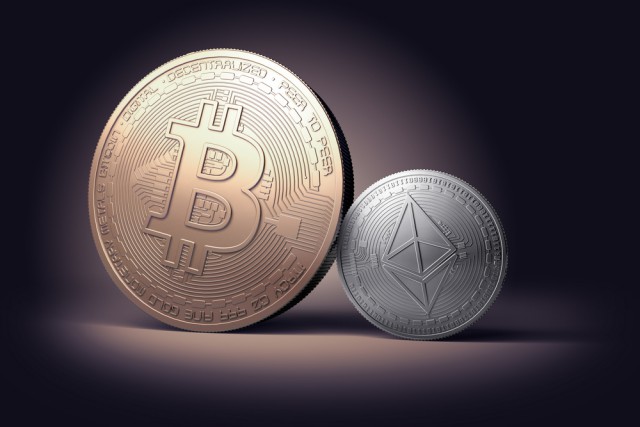
Bitcoin is stronger than Ethereum -- the flippening will have to wait
When the price of Ethereum broke the $400 mark earlier this month, the flippening looked like a sure thing. Pundits were expecting it to soon surpass Bitcoin and become the most valuable cryptocurrency in the process. However, fast forward to today, Ethereum is crashing hard while its rival is still holding well.
The price of Ethereum has dropped to around $235, bringing its market cap down to around $21.9 billion. Meanwhile, Bitcoin is trading for around $2330, and its market cap is around $38.8 billion. From a difference of less than $8 billion in market cap, Bitcoin's lead has more than doubled in just a couple of weeks.

Major ransomware attack spreads rapidly across Europe
Companies, government departments and airports in the Ukraine have been hit by ransomware this afternoon and the attack now appears to be spreading across Europe.
In Ukraine, government departments, the central bank, a state-run aircraft manufacturer, Kiev airport and the metro network have all been hit. In the UK, the advertising company WPP says its systems have also been taken down, and Danish transport company Maersk reports sites and business units shut down by the attack.

How to get regular free security updates for Windows XP and Vista
Two months ago, in an effort to fightback against the WannaCry ransomware, Microsoft took the 'highly unusual' step of releasing a patch for Windows XP, the ancient operating system it stopped supporting back in 2014 (even though, as it turned out, it was really Windows 7, not XP, that was to blame for the spread of the devastating malware).
Then just two weeks ago, Microsoft included Windows XP and Vista -- another operating system it no longer supports -- in June's Patch Tuesday updates. Despite these recent actions, neither XP nor Vista are going to receive regular security updates from Microsoft, meaning users still running either OS remain at serious risk. However, the good news is there are a couple of tricks you can use to continue receiving security updates for both XP and Vista.
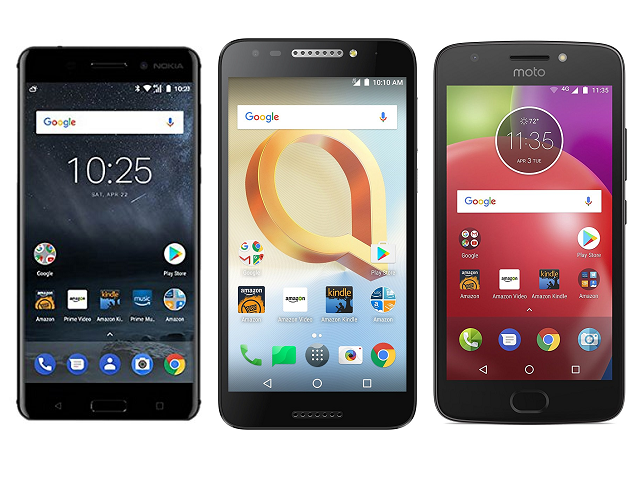
Amazon adds more Android 'Prime Exclusive Phones' from Nokia, Motorola, and Alcatel
Some people don't like advertisements, but I do. They are a great way to learn about new products while also helping to pay for "free" content. People think I am crazy when I say this, but many times I don't bother fast-forwarding commercials when watching my DVR. Heck, in 2017, there is so much great content that is subsidized by ads, such as news articles, YouTube videos, and of course, both television and radio. If it weren't for advertisements, you would probably be "nickle-and-dimed" at every turn.
A great example of advertisements helping consumers is Amazon's 'Prime Exclusive Phones' program. The consumer gets a discount on the smartphone by agreeing to see ads on the device's lock screen. It is not forced on the buyer -- they get to choose if it is worth it to them. It actually empowers the consumer. Today, Amazon is introducing five more handsets into the scheme from Motorola, Alcatel, and for the first time, Nokia.

New platform takes the hard work out of acquiring mobile users
Companies are keen to make use of mobile apps to reach their customers. But the volume of apps available makes it hard to acquire those users. This in turn leads to businesses having to split their efforts across different channels all of which require time consuming management.
Mobile marketing specialist AppScotch wants to make the process easier with the launch of Acquired.io, a centralized platform to manage user acquisition across multiple channels like Snapchat, AdColony, Chartboost and more.
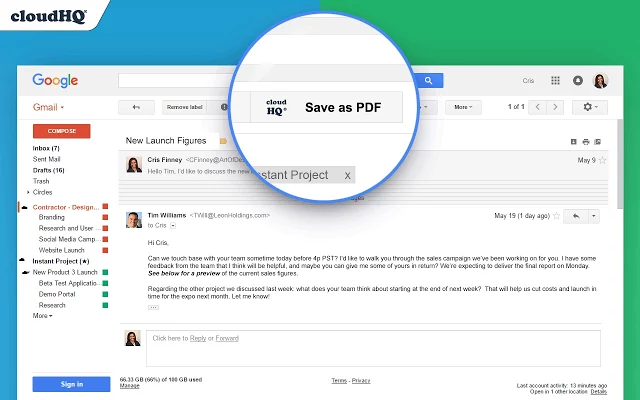
Save Gmail emails to PDF or ZIP with a click
Save emails to PDF is a Chrome extension which enables saving any Gmail email to PDF in a couple of clicks.
Download options include saving individual emails to separate PDFs, merging all selected PDFs into one PDF, or saving conversations to CSV or Excel, apparently (the Excel option just saved to PDF for us).
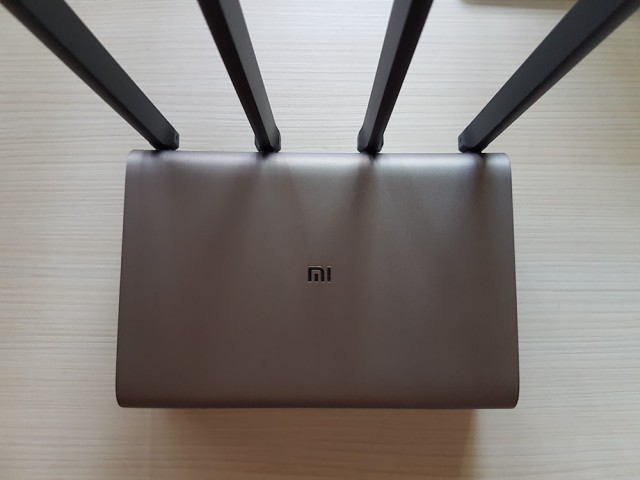
Xiaomi Mi R3P AC2600 Wi-Fi router review
Xiaomi may be best known for making smartphones, but that is not the only market the company focuses on. You can also find a Xiaomi VR headset, drone, action cameras, TVs, wearables, power banks, headphones and, last but not least, Wi-Fi routers.
Routers are a good fit in the Xiaomi ecosystem. In its lineup, the Mi R3P is the fastest router that you can get, sporting AC2600 transfer speeds, and just like you would expect, it is also priced competitively. But is it worth your attention? I've tested the Mi R3P to find out.

Western Digital unveils stylish My Passport Ultra USB storage drive
Embracing cloud storage is a smart move -- it ensures your data is safe even if your computer fails or if there is a disaster that impacts your home. Quite frankly, it helps me to sleep better at night knowing my precious family photos and videos are stored in the cloud.
When you keep your files exclusively in the cloud, however, you lose control. If the storage company goes out of business or gets hacked, you could potentially lose everything. That's why it is wise to embrace a redundancy strategy of storing files both in the cloud and locally. Today, Western Digital launches the My Passport Ultra for that exact usage case -- it comes with free specialized software for cloud backups. With capacities up to 4TB, it should meet the needs of many consumers.

Platform enhancements protect enterprise mobile data without harming usability
As companies face ever greater demands for flexible working and BYOD use, it places an added stress on the need for securing mobile data.
Mobile app management specialist Apperian is addressing this with the launch of several enhancements to its platform aimed at increasing the security of enterprise mobile app data, without compromising usability.

Comodo launches free endpoint detection for enterprises
Hot on the heels of its enterprise threat analysis tool released last month, cyber security specialist Comodo is now launching another free enterprise tool with its endpoint detection and response (EDR) solution.
The fully-featured, enterprise-class, cWatch EDR solution is being made available at no charge to customers. This move enables any size of organization to better detect malware on endpoints, and investigate and respond to security incidents.
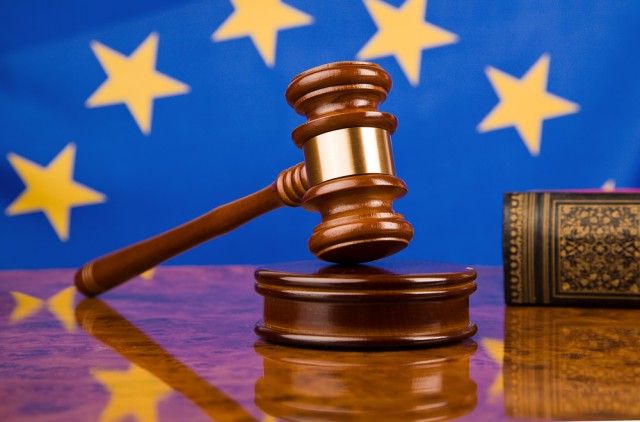
Google hit with staggering €2.42 billion fine for manipulating search results -- and it could be forced to pay even more
Google has been fined a record €2.42 billion ($2.7bn/£2.1bn) by the European Commission after a seven year investigation sparked by Microsoft and other firms, found that the company had unfairly promoted Google Shopping above other similar shopping comparison services on its search site.
The ruling also states that Google has 90 days to cease its anti-competitive practices or it could occur further penalties, and they could really rack up.
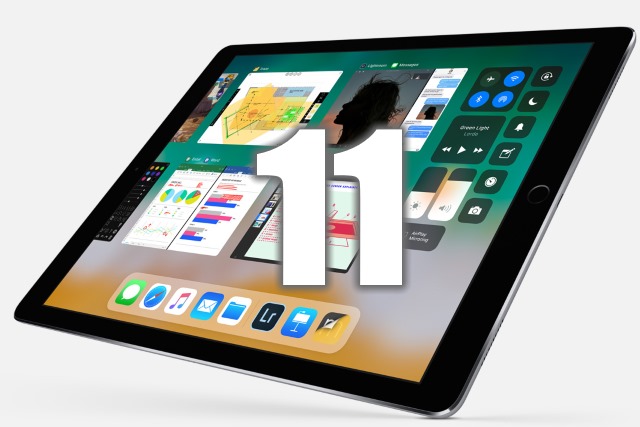
Public iOS 11 beta now available -- here's how to get it
Just a few weeks ago, Apple revealed iOS 11 at WWDC 2017. While a few things have been taken away in this version of the operating system, plenty have been added, and this is being seen as one of the most significant upgrades for iPhone and iPad owners.
iOS 11 will be an important aspect of the upcoming iPhone 8, but it's also going to be a substantial update for anyone with an iPhone 5s or newer, or a supported iPad. We've already seen a developer preview released, but now there's an official public beta of iOS 11, and you can install it right now.

Don't ignore DDoS protection when attack trends change
Businesses should ensure that they are still securely protected against DDoS attacks, despite the recent growth of other trends such as ransomware.
That’s the warning from Arbor Networks, which is urging organizations of all sizes to make sure they stay safe online as DDoS attacks are still rife around the world.
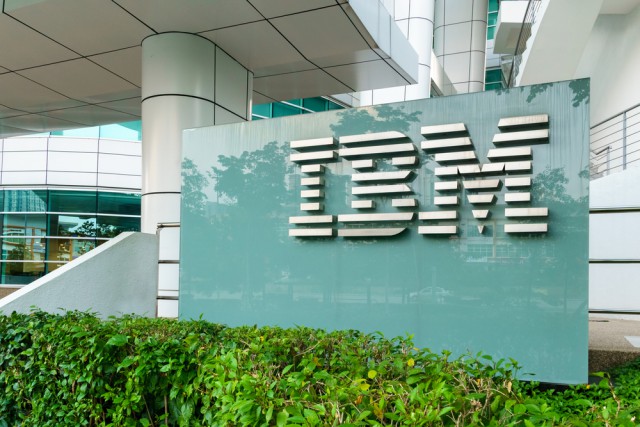
IBM launches new solutions and tools to get businesses ready for GDPR
IBM has announced new data governance and data science initiatives that will aid developers and analysts use cognitive computing to better understand and control their data.
The company also unveiled new solutions and tools that would make it easier for organizations to comply with the EU's upcoming General Data Protection Regulation (GDPR). Failure to comply with GDPR will be quite costly for organizations which has led to the creation of a number of tools to help prepare for when it goes into effect on May 25 next year.


